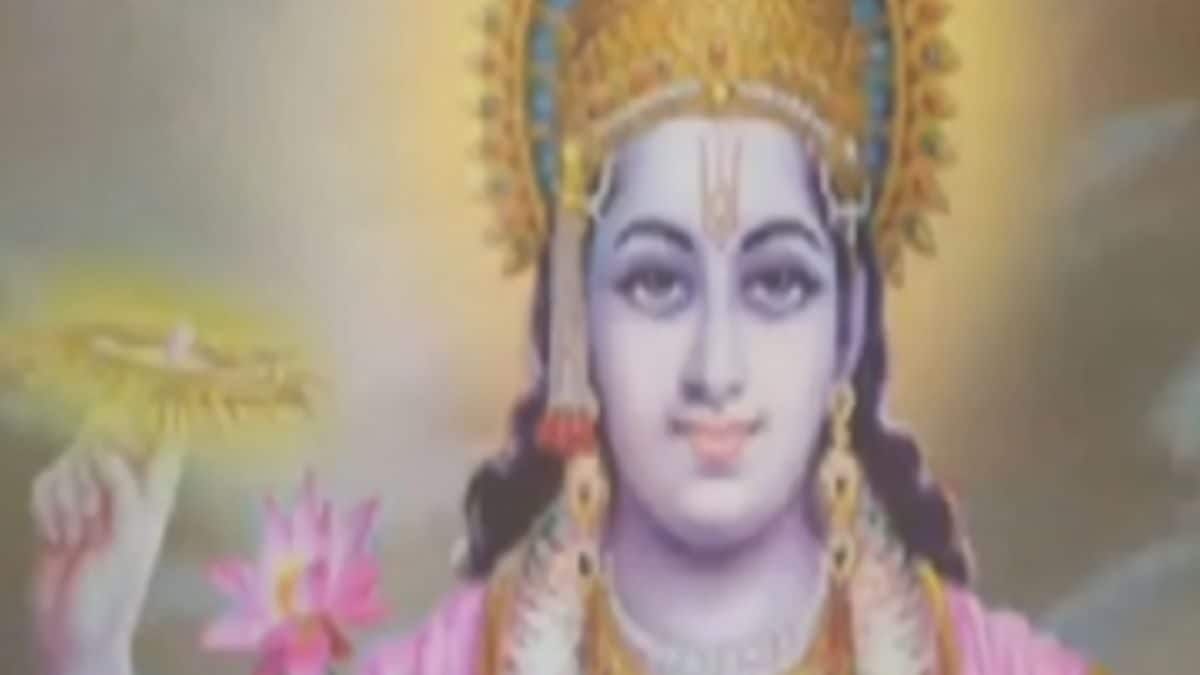Nirjala Ekadashi will be observed on June 17.
On Nirjala Ekadashi, a person who wishes to observe fast should wake up early in the morning, also known as Brahma Muhurat, and take a bath.
In the Hindu religion, Ekadashi fasting has a special meaning. According to the Hindu calendar, 2 Ekadashi fasts are normally observed every month. In the month of Adhik Maas, three Ekadashi fasts are observed. In total, 25 Ekadashi fasts are observed in a year.
Among these, the Ekadashi observed on Shukla Paksha in the month of Jyeshtha has special importance. It is known as Nirjala Ekadashi. According to some religious stories of Hinduism, the five Pandava brothers, sons of Kunti, also observed this fast. After fasting, they regained their kingdom and since then this Ekadashi is believed to be auspicious.
The famous astrologer Pandit Sanjay Upadhyay of Kashi explained that Bhima, the second son of Kunti, observed this fast advised by Vyas ji. Bhima generally felt hungry easily, so he only observed one fast a year. That day he was left without water or food, so this fast has a special meaning. As a result, the Pandavas recovered the holy book of their own Kingdom.
It is often said that people who cannot observe all the Ekadashi fasts during the year can observe this Nirjala Ekadashi without consuming food or water and receive the blessings of the other 24 days of Ekadashi. This Nirjala Ekadashi is considered the most auspicious Ekadashi of all.
Know the date of Nirjala Ekadashi
According to the Hindu calendar, the auspicious Ekadashi tithi will begin at 2:54 am on Sunday, June 16, and will remain throughout the day, Monday. Therefore, this year's Nirjala Ekadashi fast will be observed on Monday, June 17.
How to observe fasting?
On this auspicious day, a person who wishes to observe fast should wake up early in the morning, also known as Brahma Muhurat, and take a bath. After that, he begins the day by meditating on the name of Lord Vishnu. Then make a vow and begin the fast. This fast is considered the most difficult as it is observed during the month of Jyeshtha when the temperature remains high.












